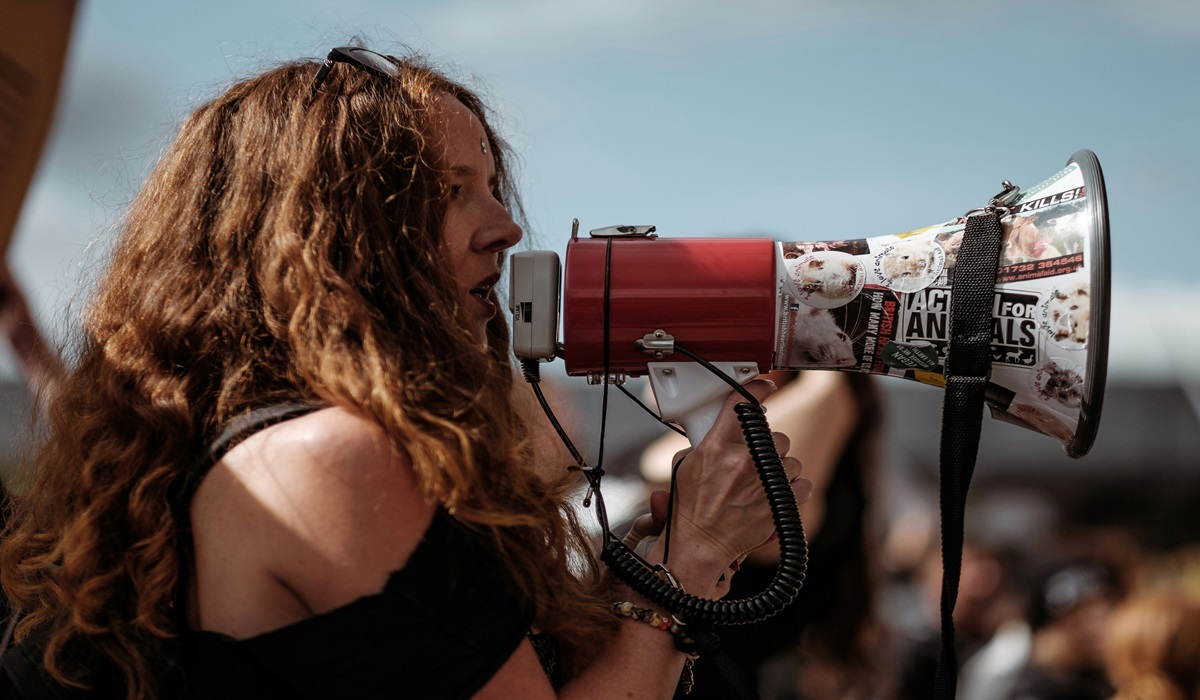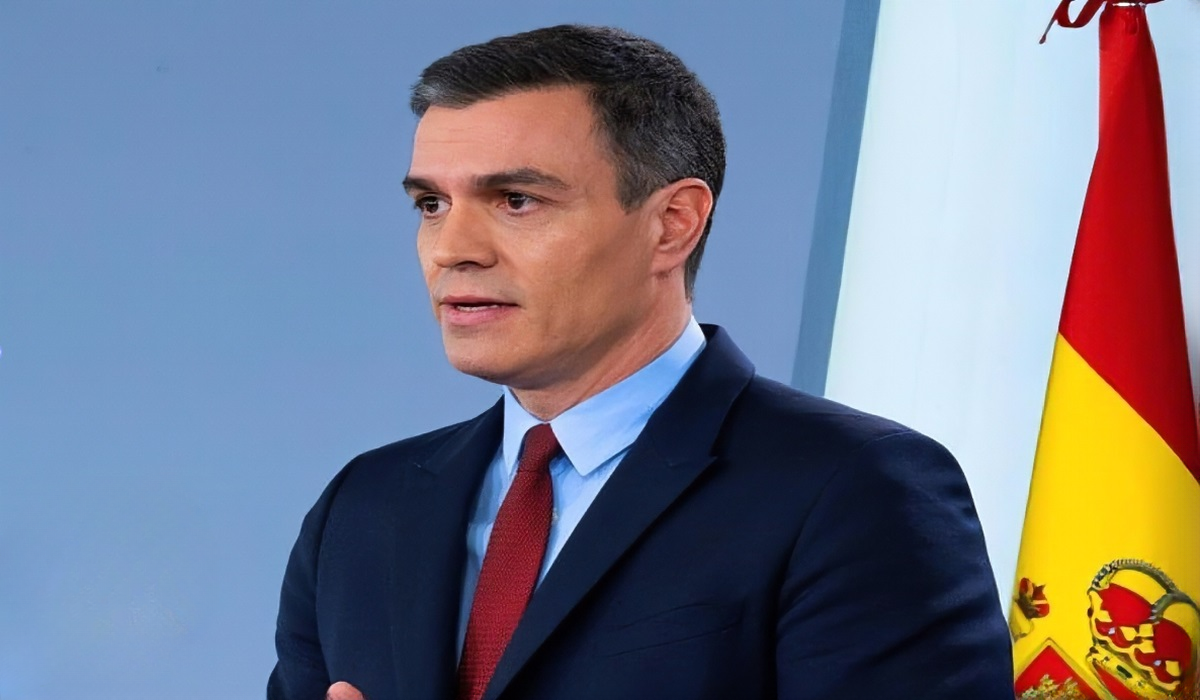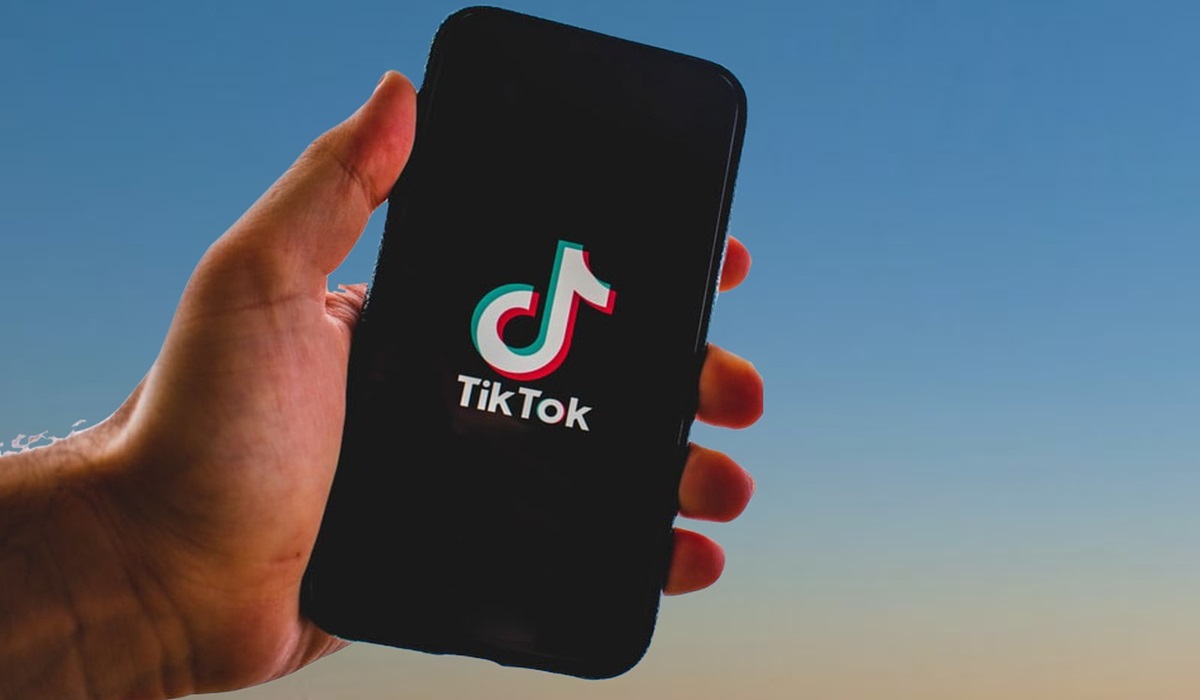Is Bribery, The Political Currency Of Choice For Elected Officials?
- Kingston Bailey
- Breaking News
- Midwest USA
- March 16, 2023

In modern politics, money is fundamental to campaigning and securing electoral victories. Political campaigns require significant funds to cover advertising, travel, staff, and other costs. In this context, donations from individuals and organizations can make or break a campaign. However, a fine line exists between legitimate campaign contributions and legalized bribery. In recent years, there has been growing concern that politicians are receiving donations in exchange for political favours, which has eroded public trust in the political process.
Legalized bribery is when politicians receive campaign donations in exchange for political favours. It is considered legal because these donations are not given directly to the politicians but to their campaigns, political action committees (PACs), or Riding Associations in Canada. However, the consequences of these donations are not different from those of traditional bribery.
The issue of legalized bribery is particularly relevant in the United States, where the Supreme Court’s 2010 Citizens United decision allowed corporations and unions to spend unlimited amounts of money on political campaigns. This decision opened the floodgates to massive amounts of dark money in politics, making it more challenging to track the source of donations and identify potential conflicts of interest.
One of the most significant concerns with legalized bribery is that it undermines the democratic process. It creates a system where the wealthy and powerful can buy access and influence, leaving ordinary citizens without a voice. This system perpetuates a cycle where politicians who are elected to represent the people end up serving the interests of their donors.
In the United States, politicians who rely on donations from corporations or wealthy individuals are more likely to support policies that benefit their donors, even if they are not in the public interest. This can result in a wide range of issues, from lax regulations on corporate behaviour to policies that favour the wealthy at the expense of the middle and lower classes.
Moreover, the amount of money required to run for office in the United States has skyrocketed in recent years, just alone in 2020; political spending was whopping $14.4 billion, making it increasingly difficult for individuals without wealthy connections or large donor bases to enter politics. This situation creates a situation where politicians who are elected are beholden to their donors and not to their constituents.
There have been several examples of legalized bribery in recent years. One of the most well-known cases is the 2016 scandal involving the Democratic National Committee (DNC) and Hillary Clinton’s presidential campaign. The DNC was accused of accepting donations from wealthy donors in exchange for access to the party and its candidates. This scandal highlighted the role of big money in politics and the potential for conflicts of interest.
Another example is the 2019 college admissions scandal, where wealthy parents paid bribes to secure admission for their children to elite universities. This scandal exposed how money can be used to gain an unfair advantage, even in areas where merit should be the only determining factor.
Just recently, an Ontario judge dismissed multiple charges for breach of trust against Raj Grewal, the former Liberal MP for Brampton East. Grewal was accused of pay-for-play or using his political position to have close associates gain access to funding and the Prime Minister of Canada.
The issue of legalized bribery highlights the need for campaign finance reform. Many advocates argue that the current system of campaign finance in the United States is broken and needs to be reformed. Some of the proposed reforms include limiting the amount of money that individuals or organizations can donate to political campaigns, requiring disclosure of all political donations, and publicly financing political campaigns.
However, achieving campaign finance reform is challenging, as many politicians are reluctant to change a system that has benefited them in the past. Furthermore, the issue of campaign finance reform has become highly politicized, with Republicans generally opposing any reforms that would limit the influence of big money in politics.
Despite the challenges, there have been some efforts to address the issue of legalized bribery in recent years. In 2019, the House of Representatives passed the For the People Act, a sweeping reform bill that included provisions to strengthen campaign finance laws and increase transparency in political donations. However, the bill faced significant opposition in the Senate and was ultimately not passed.
There have also been grassroots efforts to reduce the influence of money in politics. Organizations such as End Citizens United and RepresentUs have been advocating for campaign finance reform and increasing awareness about the issue of legalized bribery. These groups have been successful in passing ballot initiatives in several states, including Maine and South Dakota, which established publicly funded elections and increased transparency in political donations.
The flood of dark money in politics has undermined public trust in the political process and created a system in which politicians are accountable not to their constituents but to their donors. In addition to undermining democracy, legalized bribery can have significant and lasting consequences. As a result, advocacy for campaign finance reform and raising awareness about the issue are essential to ensuring that the political process remains fair, transparent, and accountable.








